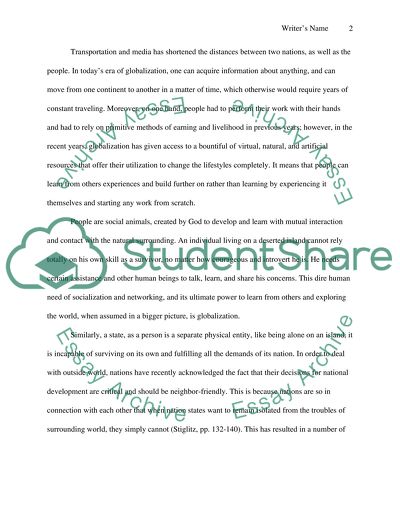Cite this document
(Globalization and States Case Study Example | Topics and Well Written Essays - 2000 words, n.d.)
Globalization and States Case Study Example | Topics and Well Written Essays - 2000 words. Retrieved from https://studentshare.org/politics/1561713-what-are-the-driving-forces-of-globalization-and-what-effects-does-globalization-have-on-the-policy-making-capabilities-of-states
Globalization and States Case Study Example | Topics and Well Written Essays - 2000 words. Retrieved from https://studentshare.org/politics/1561713-what-are-the-driving-forces-of-globalization-and-what-effects-does-globalization-have-on-the-policy-making-capabilities-of-states
(Globalization and States Case Study Example | Topics and Well Written Essays - 2000 Words)
Globalization and States Case Study Example | Topics and Well Written Essays - 2000 Words. https://studentshare.org/politics/1561713-what-are-the-driving-forces-of-globalization-and-what-effects-does-globalization-have-on-the-policy-making-capabilities-of-states.
Globalization and States Case Study Example | Topics and Well Written Essays - 2000 Words. https://studentshare.org/politics/1561713-what-are-the-driving-forces-of-globalization-and-what-effects-does-globalization-have-on-the-policy-making-capabilities-of-states.
“Globalization and States Case Study Example | Topics and Well Written Essays - 2000 Words”. https://studentshare.org/politics/1561713-what-are-the-driving-forces-of-globalization-and-what-effects-does-globalization-have-on-the-policy-making-capabilities-of-states.


